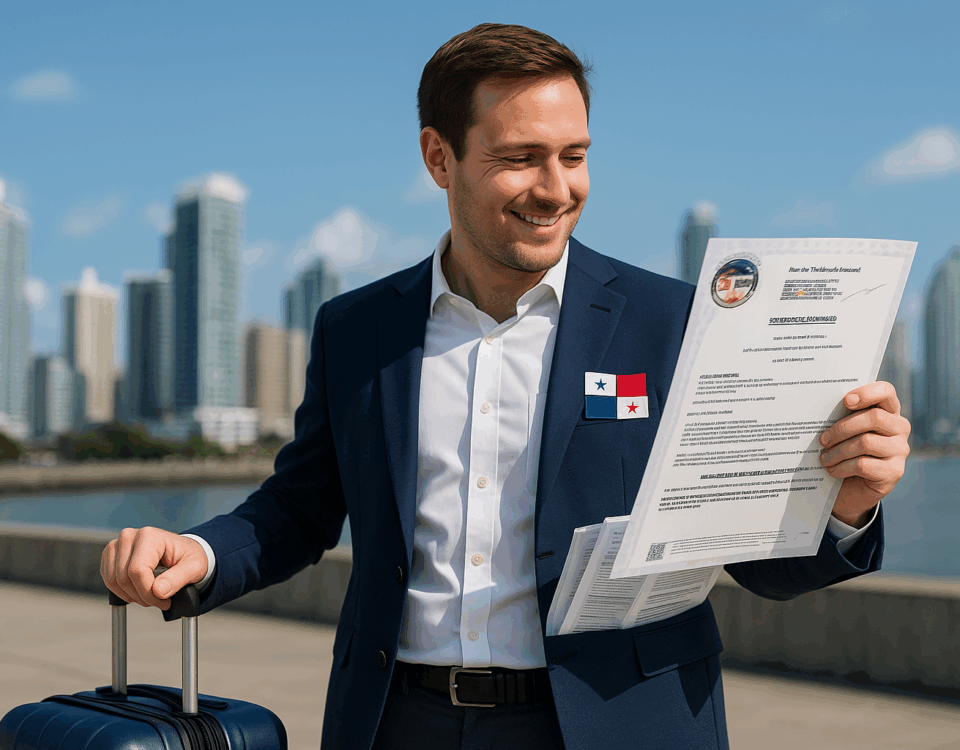
Why tax havens don’t have a Central Bank?
22/12/2023
Blocking accounts in online banks and digital wallets
18/01/2024The recent transformation into a SEZ opens possibilities for an Offshore Financial Center in Margarita
Could an offshore financial center be possible in Margarita? The change, driven by Nicolás Maduro’s administration, aims to strengthen the economy through exports and foreign currency acquisition.
With the Special Economic Zone (SEZ), the possibility emerges for Margarita to also become a tax haven. What does this imply? Essentially, a jurisdiction with low taxes, attractive for global financial transactions. Today, in Margarita, no taxes are paid on personal imports and those that do not require a license.
Congressman Oscar Ronderos shares an ambitious vision. He imagines Margarita similar to the Cayman Islands, excelling in the financial sector. He even suggests eliminating the Tax on Large Financial Transactions (IGTF) in this area.
A key possibility is for local banking to offer loans in dollars. This would be a significant change, given the current restrictions in the country. However, turning Margarita into a tax haven requires more than just intentions.
Requirements for a Tax Haven
César Yegres Guarache, economist and academic, highlights the challenges. Transforming Margarita into an offshore financial center is not simple. It requires a deep legal and tax review.
This implies adapting the regulations of the SEZ, especially in taxation and business registration. It is also crucial to align these regulations with Margarita’s current status as a free port.
The key is to attract foreign banks and capital. This requires that banks in Margarita operate under different rules than the rest of the country.
Challenges and Potentialities
Banking in Venezuela faces challenges. One is the strict regulation that prevents the establishment of foreign banks. Additionally, the granting of credits is limited. But this would not be a limit by opening up to crypto exchanges and payment systems.
To be attractive, Margarita needs to offer clear benefits: low taxes and competitive interest rates. It must provide a regulated but favorable environment for investment and investors who today encounter numerous obstacles, starting with SAIME.
The path to a tax haven requires transparency, legal adjustments, and international agreements. Margarita must demonstrate stability, less bureaucracy, and reliability to attract global investment.
The conversion of Margarita into an offshore financial center is an ambitious, yet possible project. It requires a delicate balance between regulation, tax incentives, and institutional trust. The potential is there, but the path is complex and full of challenges.






